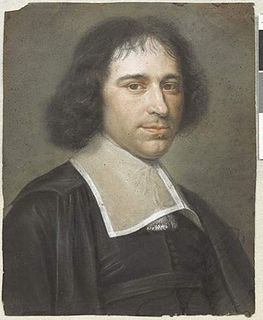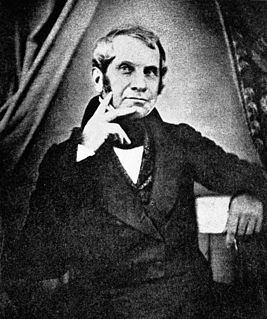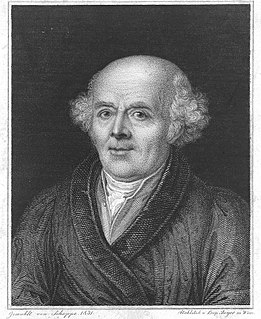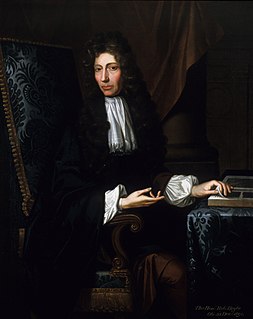A Quote by Voltaire
The art of medicine consists in amusing the patient while nature cures the disease.
Related Quotes
Homeopathy may be defined as a specious mode of doing nothing. While it waits on the natural progress of disease and the restorative tendence of nature on the one hand, or the injurious advance of disease on the other, it supplies the craving for activity, on the part of the patient and his friends, by the formal and regular administration of nominal medicine. Although homeopathy will, at some future time, be classed with historical delusions.
Doctor Johnson said, that in sickness there were three things that were material; the physician, the disease, and the patient: and if any two of these joined, then they get the victory; for, Ne Hercules quidem contra duos [Not even Hercules himself is a match for two]. If the physician and the patient join, then down goes the disease; for then the patient recovers: if the physician and the disease join, that is a strong disease; and the physician mistaking the cure, then down goes the patient: if the patient and the disease join, then down goes the physician; for he is discredited.
Every effective drug provokes in the human body a sort of disease of its own, and the stronger the drug, the more characteristic, and the more marked and more violent the disease. We should imitate nature, which sometimes cures a chronic affliction with another supervening disease, and prescribe for the illness we wish to cure, especially if chronic, a drug with power to provoke another, artificial disease, as similar as possible, and the former disease will be cured: fight like with like.
I believe it is no wrong Observation, that Persons of Genius, and those who are most capable of Art, are always fond of Nature, as such are chiefly sensible, that all Art consists in the Imitation and Study of Nature. On the contrary, People of the common Level of Understanding are principally delighted with the Little Niceties and Fantastical Operations of Art, and constantly think that finest which is least Natural.
A physician who fails to enter the body of a patient with the lamp of knowledge and understanding can never treat diseases. He should first study all the factors, including environment, which influence a patient's disease, and then prescribe treatment. It is more important to prevent the occurrence of disease than to seek a cure.
I look upon a good physician, not so properly as a servant to nature, as one, that is a counsellor and friendly assistant, who, in his patient's body, furthers those motions and other things, that he judges conducive to the welfare and recovery of it; but as to those, that he perceives likely to be hurtful, either by increasing the disease, or otherwise endangering the patient, he thinks it is his part to oppose or hinder, though nature do manifestly enough seem to endeavour the exercising or carrying on those hurtful motions.




































